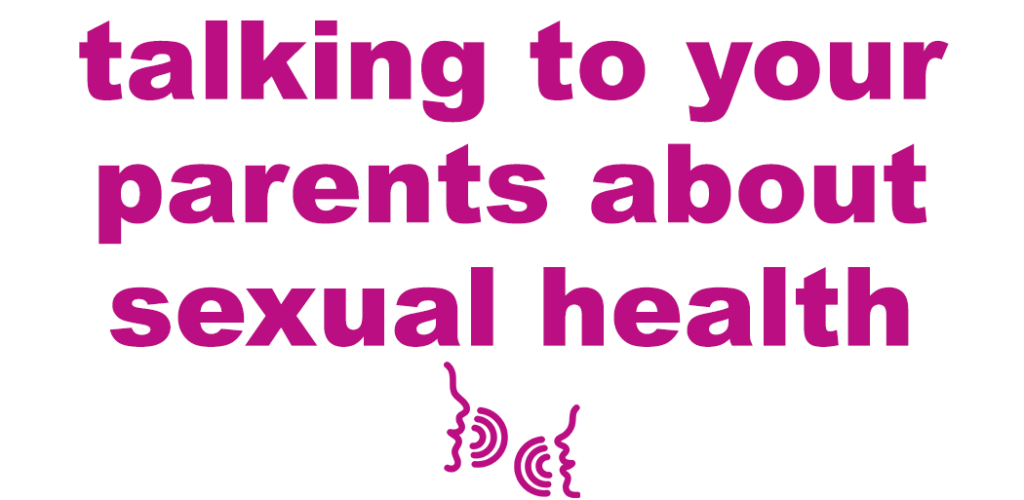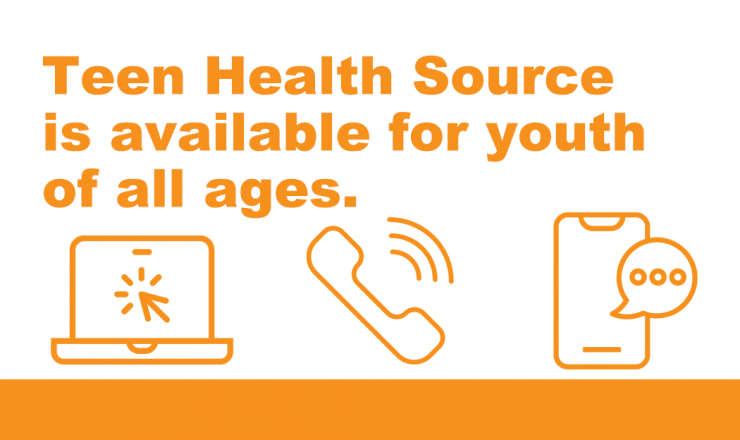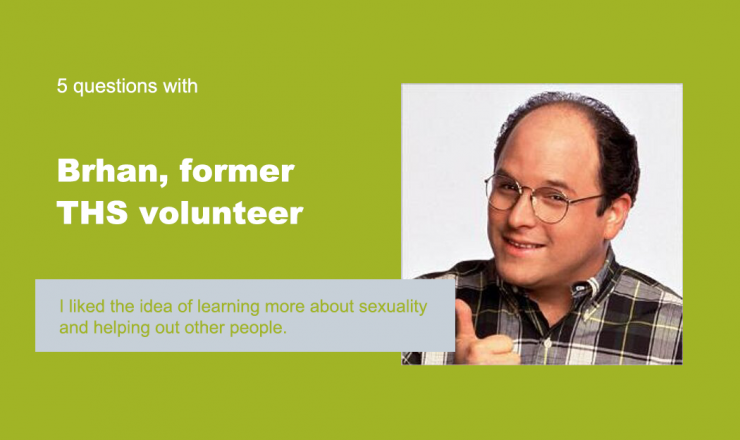

For lots of teenagers, talking about sex with your parents (or a legal guardian) can feel extremely awkward. You might even be a bit scared or nervous. Although, if this is a conversation you want to have with them then it will allow you to get helpful advice, be more responsible and maybe even build up your relationship with your parents. This can also make different sorts of options accessible to you.
There’s really no way of being 100% prepared for a tough conversation. But, it is possible to try and organize things so you can have a more ideal outcome. If you’re someone who likes making a plan, consider setting a time or date to talk about sexual health with your parents. You might prefer somewhere private if you don’t want other people to hear you, or you might want to be somewhere public if you think having people around will help your parents have a more low-key reaction. Saying something like, “It’s nothing serious, but could we make some time to talk tomorrow about some health stuff?” can be a great starter for finding a time and place that works. Also, you may find it helpful to come with a list of questions you want to cover, or giving a list of questions to your parents ahead of time so they can prepare some answers or resources for you.
Bringing up sexual health can feel like a loaded topic, which can make just starting the conversation feel like such a huge barrier. However, it’s often like ripping off a bandaid, where once you do it you might feel like it wasn’t such a big deal after all. Your parents’ first reaction might be shocked or full of assumptions, but the more this is talked through, hopefully the more they’ll understand your perspective.
Sharing media that talks about sex or sexual health can be a good way of easing parents into a conversation, since it gives them some distance by talking about the movie or article and not about you (which can be trickier). Also, by bringing up media that deals with sex or sexual health, you’re signaling to your parents your interest in learning more and doing your research, which might help them feel more confident that you’re exploring sex responsibly.
Parents might feel over-protective when it comes to their kids and sex. Often it’s a knee-jerk response from them trying to grasp the fact that you’re growing up, and they’ll jump to all sorts of conclusions. Sometimes the best way to head this off is to explain to them the reasons why you’re asking. Maybe you heard something in health class that you want cleared up? Maybe you’re dating someone who wants to do more sexually? Maybe you just have a question about your body? Being open about your “why” can sometimes help your parents have some more solid grounding about what and why they’re talking about something.
Sex can be a tricky topic, especially if you’re not used to talking about it. If you and your parents don’t already have a sense of how each other is approaching the conversation, it can help to name your feelings. Saying “I’m feeling nervous,” or “I’m feeling comfortable,” can help you all match energies and get on the same page about the tone of the conversation.
Obviously, not every parent is going to like this or be comfortable talking about sex. Some might even take things to the next level by automatically yelling at you or threatening you without hearing you out first. If you know of think that might be your situation, there may be other options in your life to learn more about sexual health, and maybe even more about how to deal with your parents. This list might include:
These people might not know everything (or anything) about sexual health, but they could be useful for pointing you in the right direction to get more information that you need.
Specific places you can reach out to talk about sexual health related topics include:
Also, consider checking out our articles:
If you have questions about this topic, feel free to contact one of our peer educators. [Link]
Last Updated: April 2022

Check out PPT’s Supporting Newcomer Access Project for info on FREE sexual health workshops for newcomer youth!

We know it’s hard to access sexual health supports right now. To help, we’re opening up our info line to answer questions for youth outside of the 13-29 age range.

Did you know that Teen Health Source has been around for 25 years! To help celebrate our 25th Anniversary, we’re checking in with some of our previous volunteers. Today we’re hearing from Brhan!